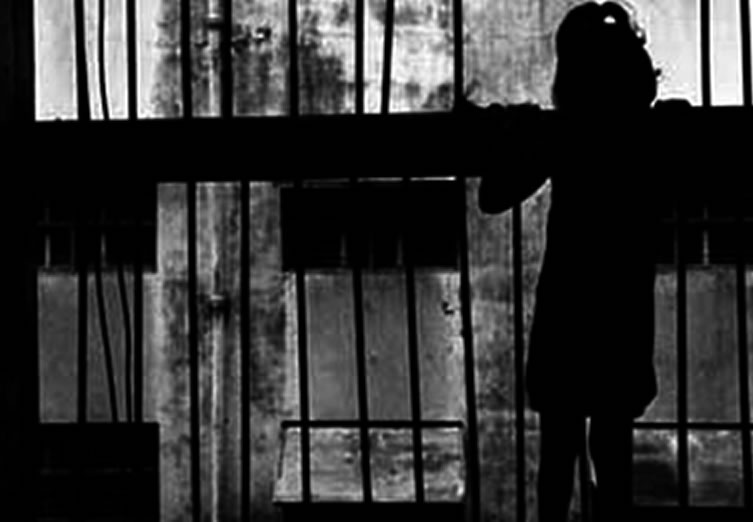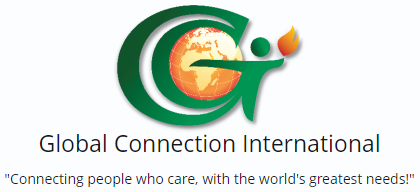What is Human Trafficking?
Human trafficking is defined by the US Department of State as “the act of recruiting, harboring, transporting, providing, or obtaining a person for compelled labor or commercial sex acts through the use of force, fraud, or coercion. Human trafficking can include, but does not require, movement. People may be considered trafficking victims regardless of whether they were born into a state of servitude, were exploited in their hometown, were transported to the exploitative situation, previously consented to work for a trafficker, or participated in a crime as a direct result of being subjected to trafficking. At the heart of this phenomenon is the trafficker’s goal of exploiting and enslaving their victims and the myriad coercive and deceptive practices.”
Sex Trafficking
Child Sex Trafficking & Commercial Sexual Exploitation of Children
When a child (under the age of 18) is recruited, enticed, harbored, transported, provided, obtained, or maintained to perform a commercial sex act, proving Force, Fraud or Coercion is not necessary for the offense to be characterized as human trafficking.*
To put it simply, it is the use of Force, Fraud, or Coercion to EXPLOIT victims for financial gain.
There are no exceptions to this rule: no cultural or socioeconomic rationalizations alter the fact that children who are prostituted are trafficking victims. The use of children in the commercial sex trade is prohibited under US law and by statute in most countries around the world.
Sex trafficking has devastating consequences for children, including long-lasting physical and psychological trauma, disease (including HIV/AIDS), drug addiction, unwanted pregnancy, malnutrition, social ostracism, and even death. *

What We're Doing About It
Human trafficking for sex and slave labor is the fastest-growing criminal enterprise in the world, targeting people of all ages, from all ethnicities, and every financial/social class. It can happen to anyone!
We educate and empower everyday people to engage in the fight to end human trafficking within their own communities here at home, and around the world.
GCI engages in 2 main battle strategies to impact the war against modern-day slavery and human trafficking:
- Community-focused Prevention/Awareness Education
- Partnerships with Law Enforcement & other anti-trafficking organizations who are committed to doing their part in ending the sexual exploitation of children
We have always been an organization focused on connecting people with specific projects or causes they care deeply about and are passionate about!
This strength enhances our ability to help engage young people, parents, law enforcement, and community & church leaders to help fortify their communities against the dangers of child sex trafficking.
